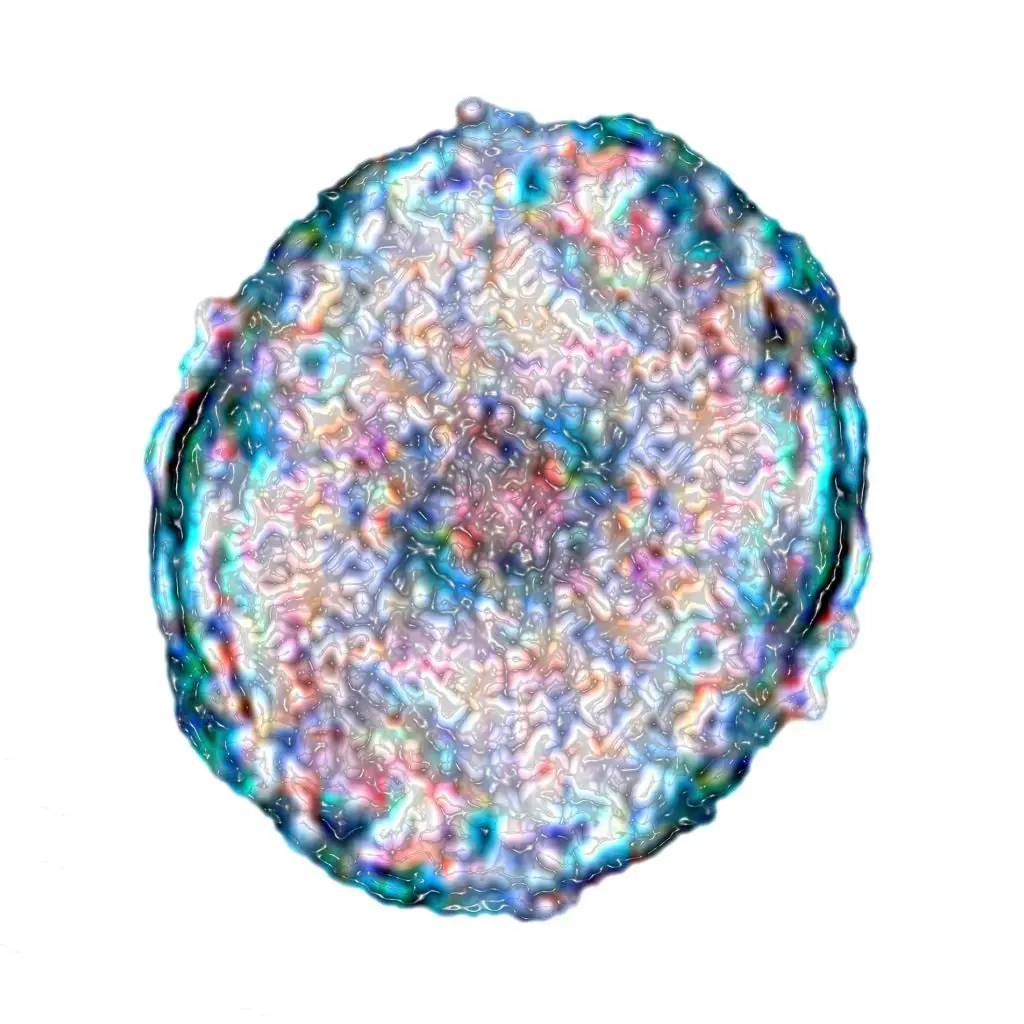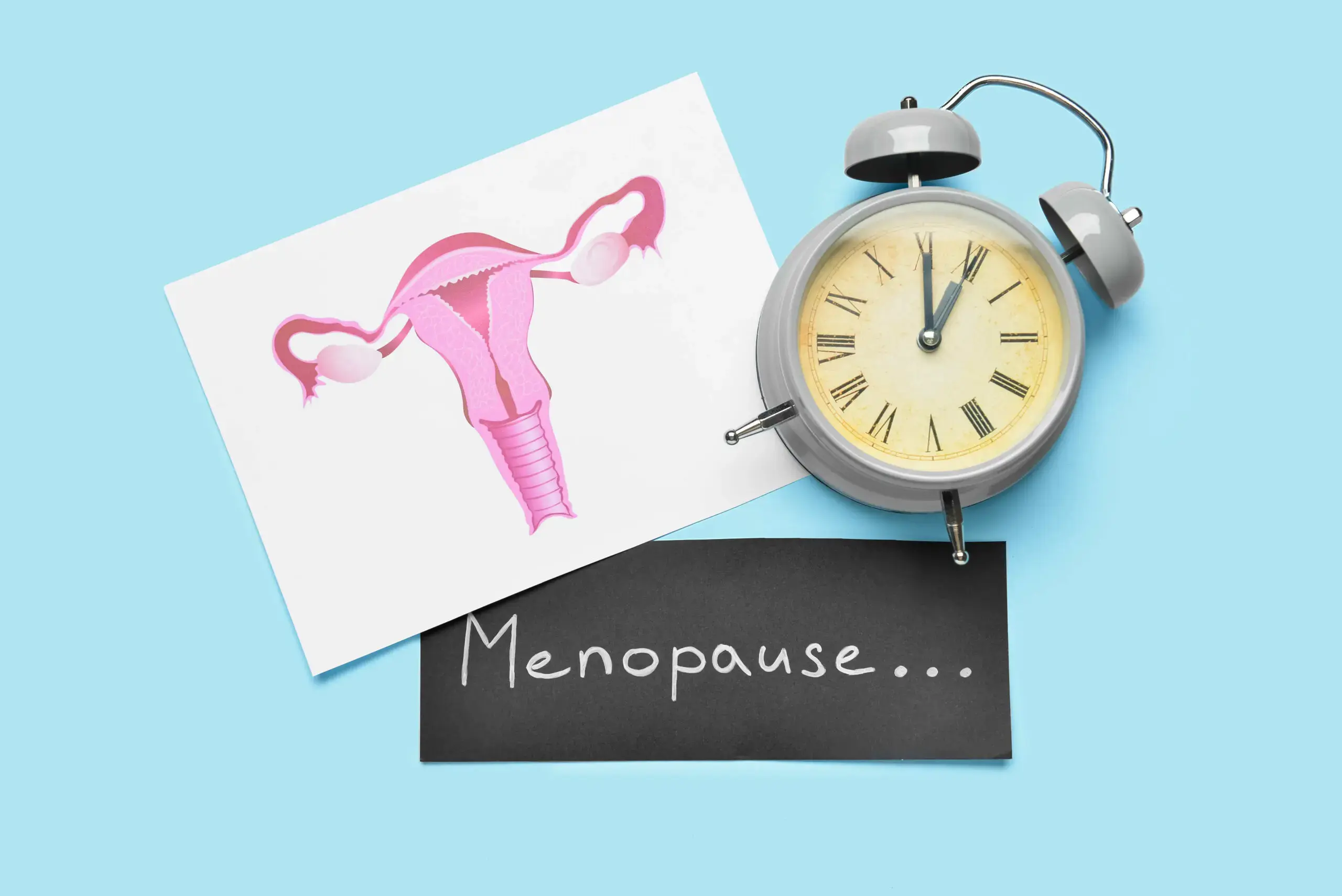Other Treatment Methods
- Adrenal hyperplasia
- Gestational diabetes
- Growth disorders in children
- Hashimoto's thyroiditis
- Hormone deficiency
- Hormone-producing tumors
- Hyperthyroidism
- Hypofunction of the adrenal cortex
- Hypothyroidism
- MODY (Maturity Onset Diabetes of the Young)
- Obesity
- Osteoporosis
- Overactivity of the adrenal cortex
- Sex hormones
- Type 1 diabetes
- Type 2 diabetes

© Freepik
Adrenal hyperplasia
Adrenal hyperplasia is a congenital disease where the adrenal glands do not function properly. Due to a genetic defect, a crucial enzyme is missing that the adrenal gland needs to produce important hormones such as cortisolhelps with stress) and aldosterone (regulates salt and water in the body). Because these hormones are missing, the body tries to increase production, causing the adrenal gland to enlarge and produce too many male hormones. The adrenal hyperplasia occurs in two forms: The severe form often manifests itself in newborns, usually a few days after birth. The babies then lose too much salt and water, which can become dangerous. Girls may also appear male externally at birth because they have too many male hormones in their bodies. Boys often only show problems later. The milder form usually only becomes noticeable later, for example through early puberty signs, acne, menstrual problems or
difficulties, pregnant to become .Diagnosis and treatment of adrenal hyperplasia
Typical symptoms are dehydration in babies, low blood pressure, unusual genital development in girls, early growth, acne, or cycle problems during adolescence. The diagnosis is made through blood tests. Doctors measure certain hormone levels, in particular, the hormone level of 17-hydroxyprogesterone is significantly elevated. In some cases, the genetic material is also examined. Treatment consists of the lifelong administration of hormones in tablet form to balance the hormonal balance.








